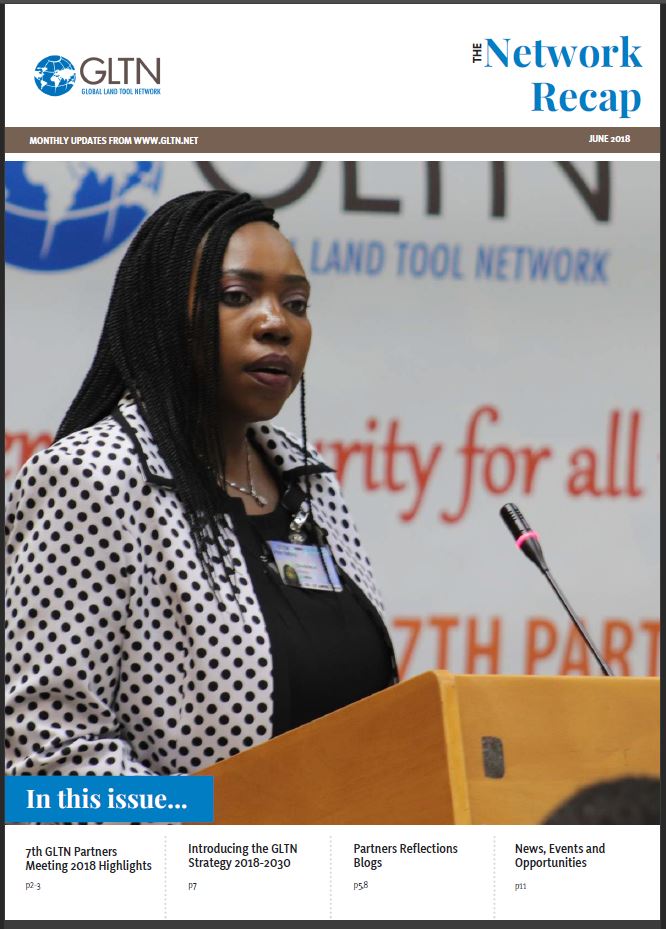The Network Recap – June 2018
Land sector challenges are vast and complex. Insecure rights to land continues to affect more than 2 billion people living in urban and rural informality worldwide, with women, youth and indigenous people faring the worst. We need more strategic partnerships, at all levels, that drive innovative thinking and provide practical solutions to these tenure security challenges.


